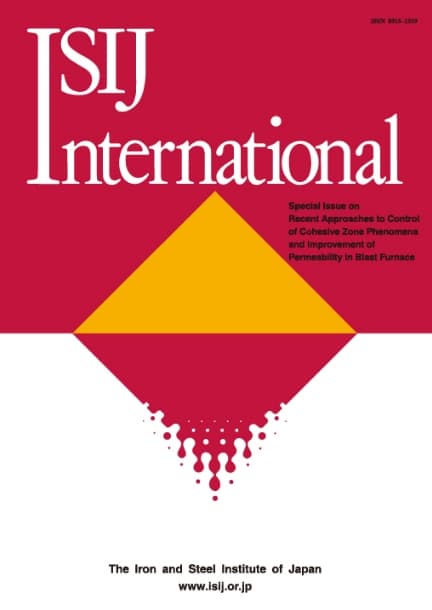Reduction of Chromium from Al2O3–CaO–SiO2–CrOX Slags by Carbon Dissolved in Liquid Iron
Marcelo Carboneri Carboni, Denise Crocce Romano Espinosa, Jorge Alberto Soares Tenório
pp. 523-529
Abstract
The goal of this work is to investigate the reduction of chromium from a quaternary slag by carbon dissolved in liquid steel. Laboratory scale experiments were conducted to study the reduction of chromium oxides in the slag by carbon dissolved in the melt. These experiments were made under different conditions of slag basicity and amount of added carbon. Thermodynamic calculations based on Double Sublattice model were applied using the commercial software Thermo-Calc, with the IRSID database. The results obtained showed good correlation with practical and calculated results, making it possible to predict equilibrium conditions of the system and to determine the activities of chromium oxides in the slag.










